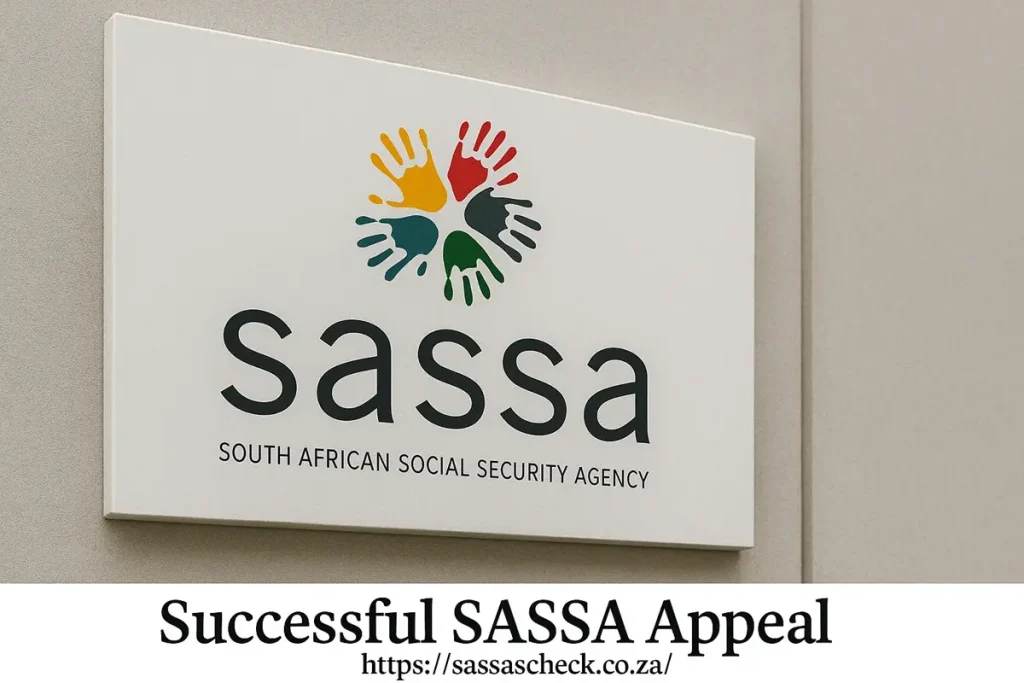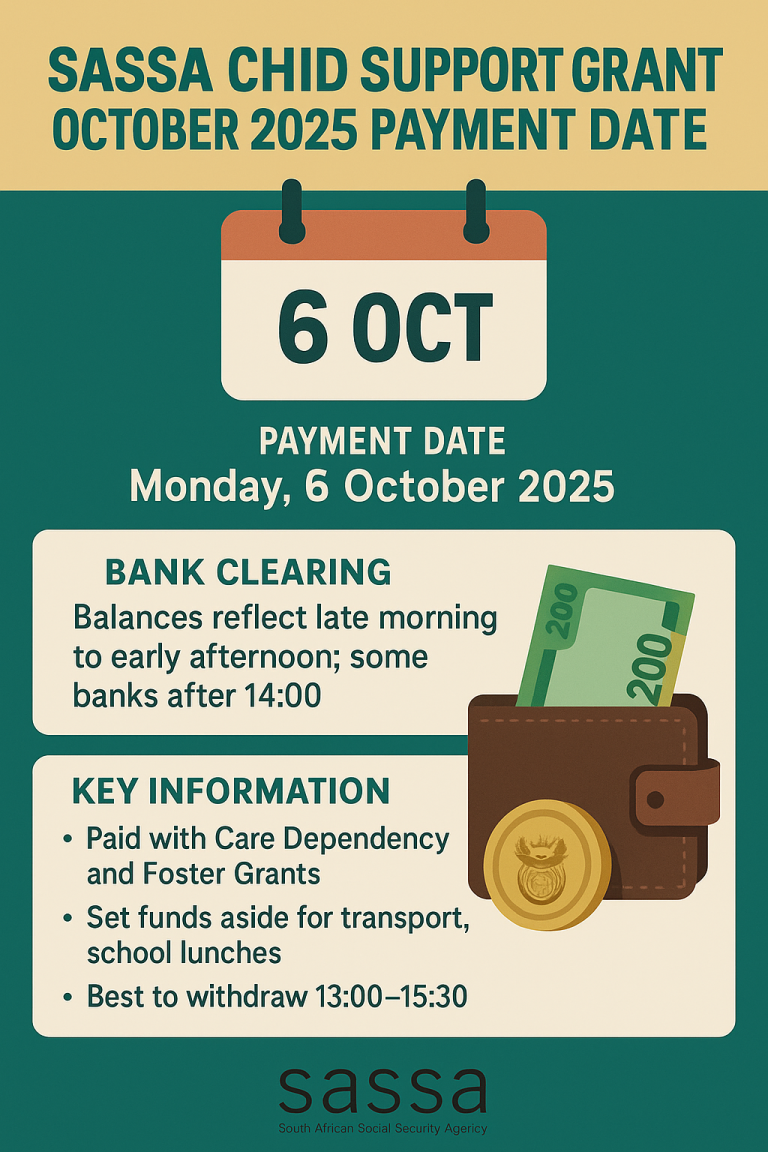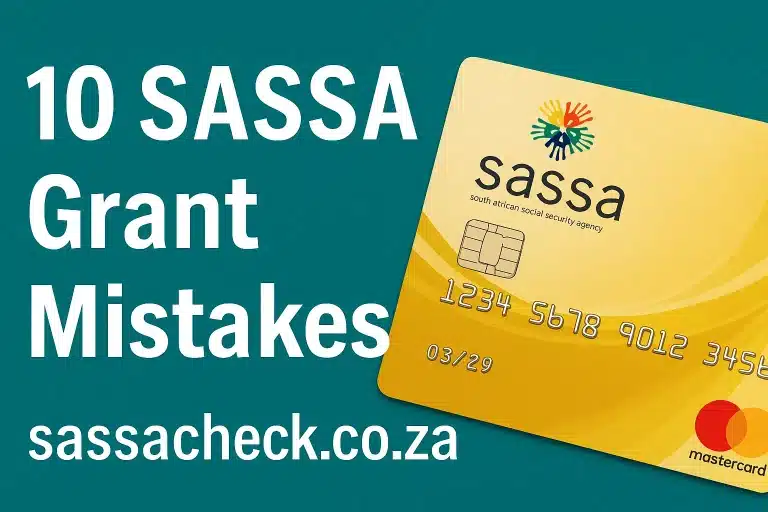How to Appeal a Rejected SASSA Application (Successful Re-Appeal)
Many South Africans apply for SASSA grants each year, but not all applications are approved. A rejection can feel devastating, especially when the grant is the only source of income. What many people don’t realize is that rejection is not the end of the road. SASSA allows applicants to appeal decisions and many appeals are successful if handled correctly.
This guide explains the reasons applications are rejected, how to lodge an appeal step by step, and tips to improve your chances of success.

Why Applications Get Rejected
Before appealing, it’s important to understand why an application may have been turned down. Common reasons include:
Knowing the reason behind the rejection helps you prepare the right supporting evidence for your appeal.
The Appeal Process Explained
Step 1: Confirm Rejection Reason
When your application is rejected, check your status on the official SASSA website or via the WhatsApp line. The system usually shows the reason for rejection (for example: “Identity verification failed”).
Step 2: Gather Supporting Documents
Collect the paperwork that proves your eligibility. For example:
- If rejected for income reasons, provide updated bank statements.
- If rejected for missing documents, ensure you have the correct ID or child birth certificate.
- For disability grants, secure the medical report from a state hospital.
Step 3: Lodge the Appeal Online
For SRD grants, appeals must be lodged through the Independent Tribunal for Social Assistance Appeals (ITSAA) website. For permanent grants, appeals can be submitted through SASSA offices.
Step 4: Keep Proof of Submission
Always save the confirmation SMS, reference number, or printed receipt when you submit an appeal. This is critical if there are disputes later.
Step 5: Wait for Feedback
Appeals may take weeks or months. SRD appeals are usually processed within 60–90 days, while permanent grant appeals may take longer depending on the case backlog.
Tips for a Strong Appeal
- Be clear and accurate: Provide honest, consistent information.
- Attach extra evidence: If in doubt, provide more documents rather than fewer.
- Don’t reapply unnecessarily: Duplicate applications confuse the system. Always appeal through the official channel.
- Follow up regularly: Use the SASSA helpline or visit an office if your appeal takes longer than expected.
What if Your Appeal Is Successful?
If your appeal is approved, SASSA will:
- Reinstate your grant, usually backdated to the month you first applied.
- Deposit arrears (missed payments) into your account or pay point.
- Update your records so that future payments continue without issues.
What if Your Appeal Is Denied
If the tribunal rejects your appeal, you may still have legal options. Beneficiaries can approach the High Court for judicial review, although this is costly and rarely pursued. Most people choose to reapply when circumstances change.
FAQs
Final Thoughts
Rejection from SASSA is not the end. The appeals process exists to ensure that genuine applicants are not left behind because of technical errors or missing documents. By understanding why applications fail, preparing strong evidence, and following the correct steps, you greatly improve your chances of success.
For many South Africans, grants are a lifeline. Knowing your rights and how to fight for them — is the first step to securing the support your family needs.






